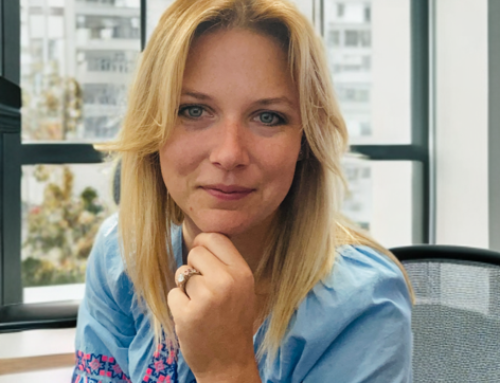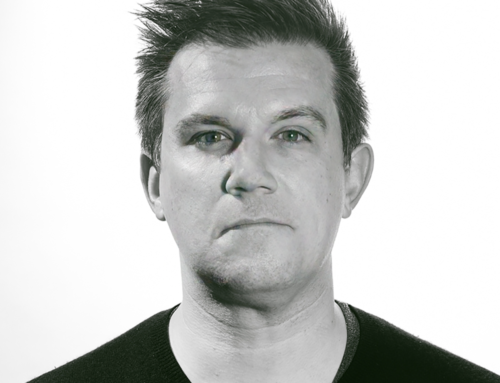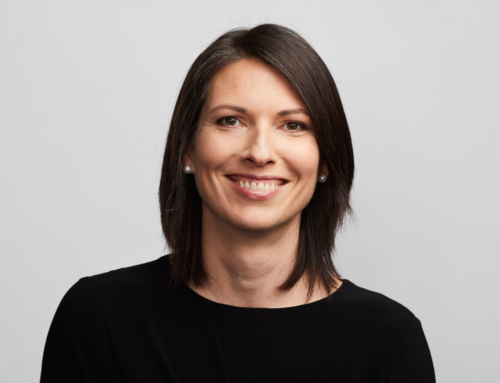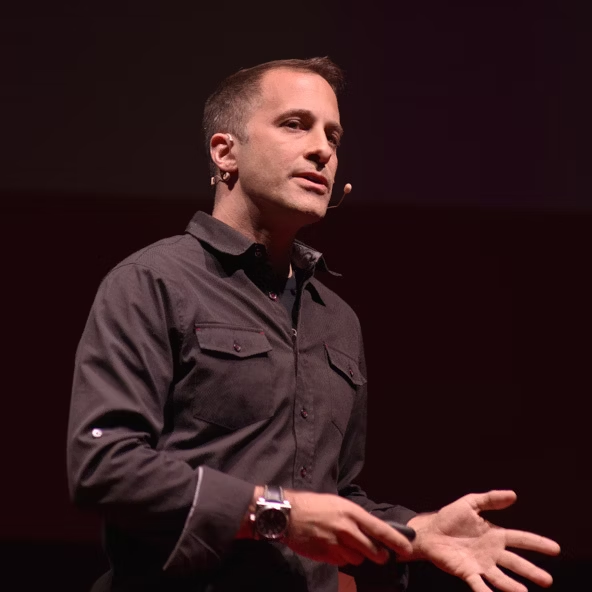 Every so often the media takes a deep dive into the possibilities of what the future may hold. These clusters of news stories tend to follow some new technological breakthrough, a significant world event, or some pivotal turning of the calendar such as 2000, 2012, and most recently 2020. As with most news stories the journalist turns to the field of experts that might best shed light on the issue at hand, and in the case of the future, it’s the futurists. But just who are these enigmatic futurists and what special powers do they hold that allows them to see into the unknown?
Every so often the media takes a deep dive into the possibilities of what the future may hold. These clusters of news stories tend to follow some new technological breakthrough, a significant world event, or some pivotal turning of the calendar such as 2000, 2012, and most recently 2020. As with most news stories the journalist turns to the field of experts that might best shed light on the issue at hand, and in the case of the future, it’s the futurists. But just who are these enigmatic futurists and what special powers do they hold that allows them to see into the unknown?
Since the dawn of mankind, there have been those who look deeply into the future in hopes of elucidating a plan for our actions today. We have records of biblical prophets, the ancient Mayans and their calendar, we have Nostradamus and Da Vinci, we even have science fiction writers who have been so spot on it is mind-boggling. But this isn’t clairvoyance, rather, it is likely that the best futurists are simply tuned in to the weak signals of the future that are present today.
Part art, part science, the field of foresight is emerging as a go-to requisite for any business strategy planning. Probably the most cited first occurrence of this practice would be that which was undertaken by Royal Dutch Shell under the direction of Jimmy Davidson, Ted Newland, and Pierre Wack in 1971. The trio dared to think into the year 2000 and as a result, crafted a set of narratives to get the attention of upper management and were thus positioned to avoid the financial catastrophe that was the oil embargo. To be clear, their intent wasn’t to predict the future, rather, they were identifying possible futures for which they would be unprepared if they were to become reality. This is the work of the futurist, to uncover what we are unprepared for.
So, how do they do it? How do futurist see what others cannot or do not see? Futurists begin by studying change. Historians record the change of the past, journalists report on the change of the present, futurists condition the change of the future. A futurist will use the work of both the historian and the journalist to monitor the path of change in a given domain or subject, and from there the futurist looks for similar signals of change on the horizon. Once these signals have been gathered, they are treated as data from which images of the future can be crafted. The futurist does not promote a single prediction as the future, there are far too many variables for that, rather they use storytelling to present a range of alternative futures and the implications each brings.
The skill of foresight is one that is available to everyone, it is not some special gift for an elite few. Certainly, there are those who are more practiced at the craft, but like all skills, with practice, each and every one of us can become a futurist. In fact, with a better understanding of the possible futures and the implications, they bring we can devote our collective energy to driving towards a future that works for everyone. — Sarah Leedberg





